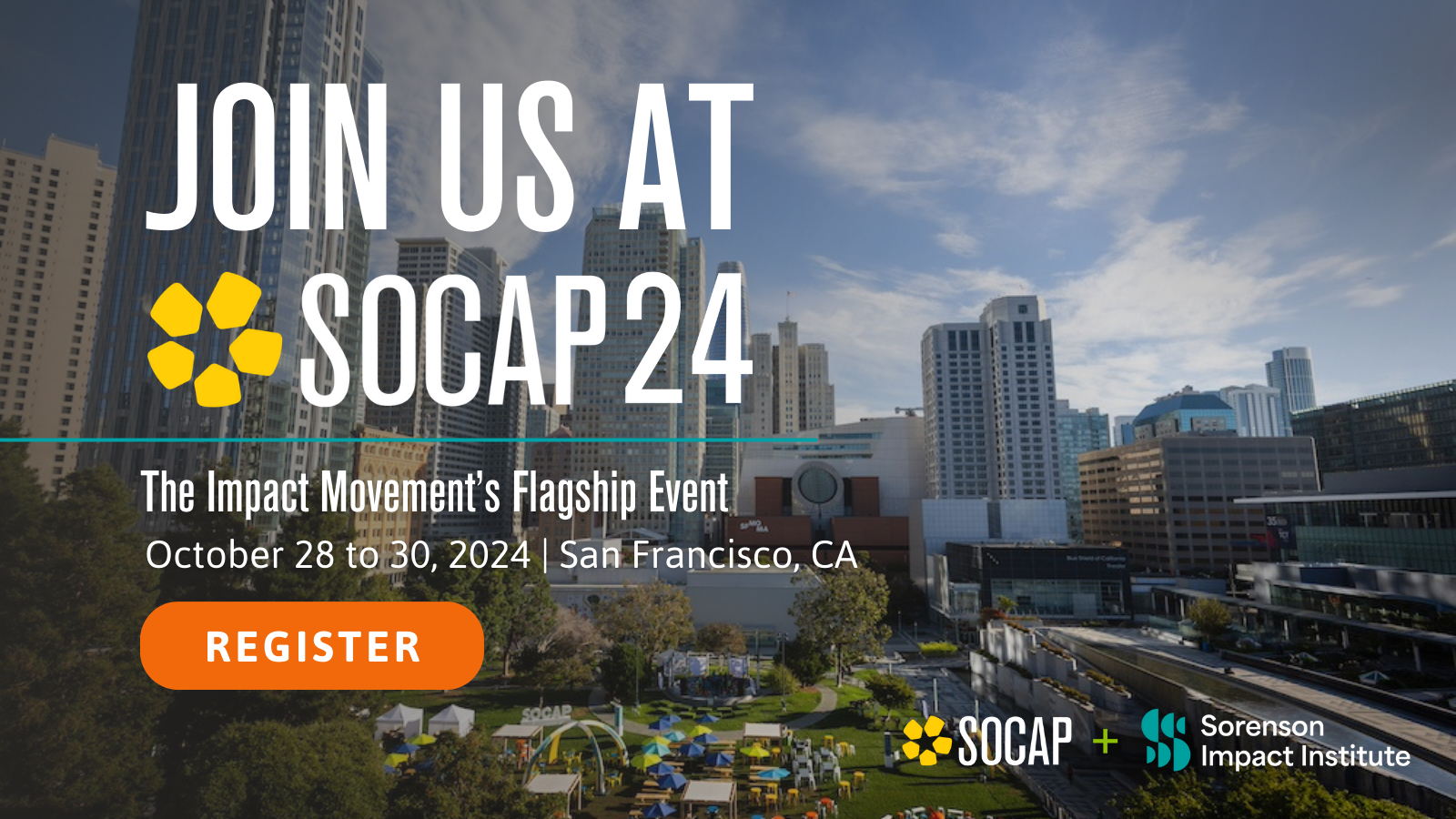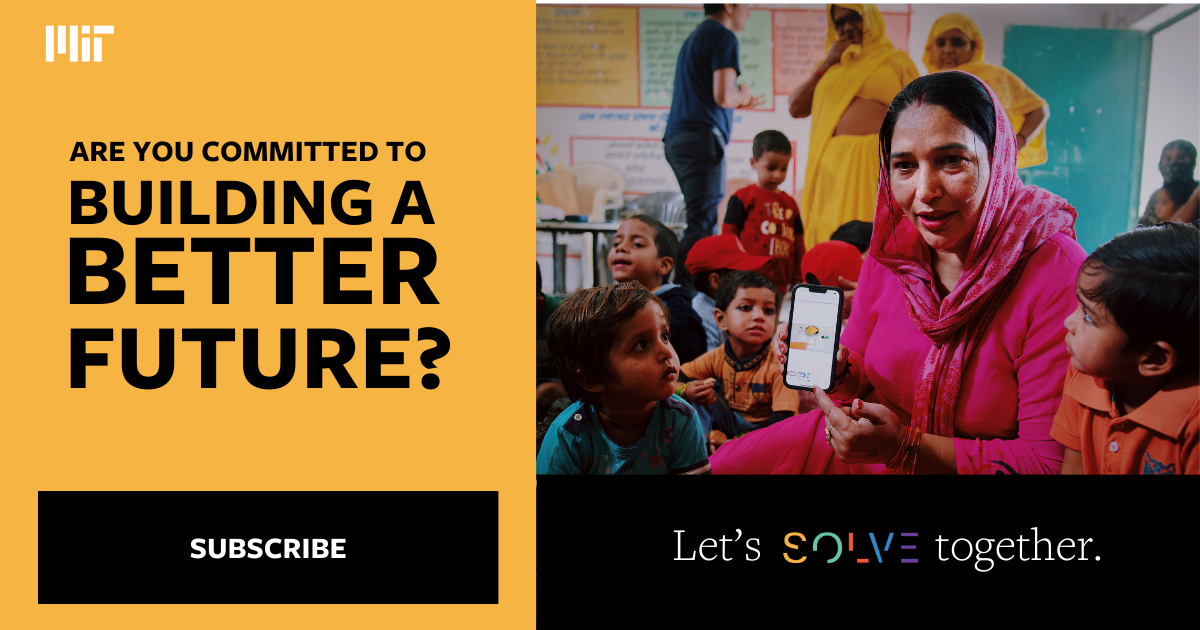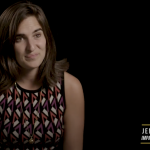In recent years, businesses have been innovating not just to create the best products or services but also to advance better business practices that make the economy more equitable and inclusive. And many investors are helping to fund these innovations. One practice designed to break down barriers to employment and combat chronic poverty is open hiring.
Under open hiring, a prospective employee applies to work at a company and, when the company has an opening, the applicant is hired, no questions asked. Greyston Bakery, headquartered in Yonkers, New York, is a pioneer of open hiring, having used the practice since the company’s founding in 1982. Additionally, through its foundation, the company helps other businesses implement open hiring and teaches people critical job skills.
“Part of our strategic plan over these next several years up to 2030 is to be the voice of stakeholder capitalism and be the voice for inclusive hiring, so we can help those 10 million folks across this country who have barriers to employment,” said Joseph Kenner, president and CEO of Greyston Bakery. “To do that, more folks need to know about us, what we’re doing, and why this works.”
Recently, I spoke with Kenner as part of my research of purpose-driven businesses and to learn more about how open hiring can be more widely adopted.
Why is open hiring such an important practice for combating systemic poverty?
There are 10 million folks with some type of barriers to employment, from justice issues to homelessness to substance abuse. Compare that number to the latest Bureau of Labor Statistics numbers that say there are 8.1 million job openings out there. So let’s do the math. Not to say that every one of those 10 million folks are work ready, but you can’t tell me that there’s not an opportunity here. So we look at that number, and then we look at what we’ve been doing here with Greyston Bakery and our foundation, providing workforce development and job development services. We looked at the impact we have here, and if we filled 40,000 jobs through inclusive hiring and open hiring by 2030, that computes to about $3 billion of economic impact — and think about savings from corrections, people getting off public assistance, and the income that they generate from their wages. That is a huge opportunity, and that’s only 40,000 jobs.
Alone, Greyston can’t reach that 40,000 job goal. But through our Center for Open Hiring, we have helped other companies adopt the practice as well, including Great Eagle, The Body Shop, CleanCraft, and Rhino Foods. We want to educate as many people as we possibly can on the possibility of open hiring. So sometimes if a business is really on the skeptical end of the spectrum, we tell them to open up just one job to open hiring. It doesn’t have to be a whole department. It is very low risk. It can be a front desk person or whatever you think works for your organization.
How can people help support and advance open hiring?
I always say it’s “donate, buy, replicate.” So Greyston Bakery makes the brownie inclusions for Ben and Jerry’s, and we want to be the provider to others. We also sell our brownies online, vegan or regular. We do bulk orders for things like employee appreciation or holiday gifts. Every time you buy those brownies or the Ben & Jerry’s flavors we help make, you know it is being made by somebody who was looking for an opportunity to work. That’s the buy piece.
The replicate piece is we want to see the model of inclusive hiring embraced by a broader audience of mid-level and Business Roundtable type organizations, even if it’s just one job.
Then finally donations support the work of the Greyston Foundation. The foundation is able to operate all of its job development trainings and advance open hiring because of philanthropy, mainly private philanthropy, although we do have some government relationships. That philanthropy really allows us to scale this model, to scale the work we are doing through our regional hubs. We have a hub in Rochester, we just launched one here in Westchester, and we want one in New York City. Those hubs will help us get to that 40,000 figure and also can bring the practice of open hiring to more mainstream companies.
Part of our strategic plan over these next several years up to 2030 is to be the voice of stakeholder capitalism and be the voice for inclusive hiring, so we can help those 10 million folks across this country who have barriers to employment. To do that, more folks need to know about us, what we’re doing, and why this works. So a huge part of our strategic plan is just to get the word out and, obviously, to raise funds to continue to support the work of open hiring, to see it replicated, and to see our training programs reach more people.
Can you tell me a little bit more about those job programs that the foundation operates?
Currently, we operate the Center for Open Hiring, but we are in the middle of revamping that to combine all of our job training programs as well into the Greyston Employment Opportunity Center. Since 2009, we’ve been providing job training for mostly entry level positions. With the center, we want to also broaden our cohort to move closer to the mid-level skills job, so offering additional courses to get jobs like medical health professional assistant, customer service, bookkeeping and just a whole host of other things in emerging industries.
So through this integration, the Greyston Foundation will still help folks work at the bakery and move up within that organization, if that is their path, but if they want to get some upskilling and get another certification or another opportunity, we’re going to help them do that. It’s just going to create this open hiring ecosystem, where maybe you start at the bakery and then move to another employment partner of ours because we have all the relationships. And the idea is for you to move on to employment, whether it’s with us or somebody else—we want you to have a job, that’s the goal.







